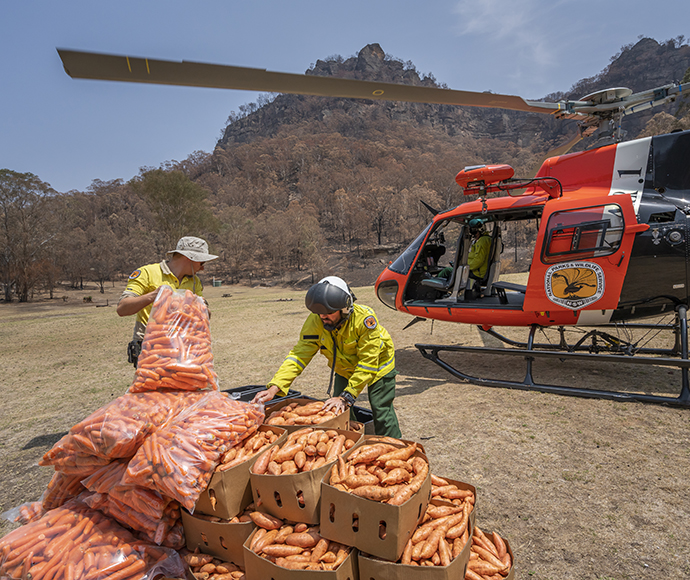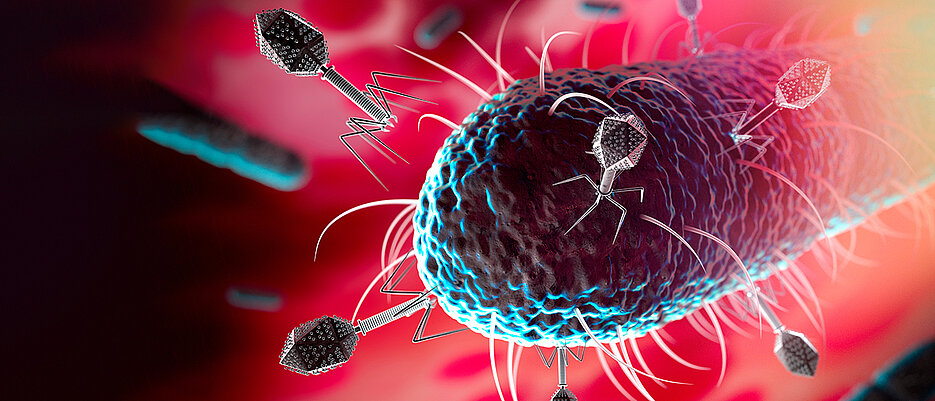The first weeks of 2020 have been unspeakably difficult for Australian people, our environment and our plants and animals, which have faced unprecedented bushfires, soaring temperatures and severe drought across large areas of the country, including New South Wales.

Our threatened species are now facing a crisis in the wake of these catastrophic conditions.
With over 1000 threatened animals and plants in New South Wales, Saving our Species is investing in more than 450 threatened species and communities, but the recent fires have impacted a lot of our threatened species sites.
The impact of these bushfires is heartbreaking to our entire community, including our staff, who have worked so hard to manage hundreds of threatened plants and animals.
We don’t yet know the full impact of the fires or the exact numbers of threatened animals and plants lost mainly because we are unable to safely access many of our fire-affected sites. However, our priority is to identify the practical actions we can do now to help the plants and animals in bushfire-hit areas.
Many on-ground interventions to protect threatened species and their habitat have started:
- Feral animal control – This will involve fox baiting programs, as well as targeted trapping and shooting of feral cats and intensive control measures for goats, pigs and other feral animals.
- Provision of extra food, shelter and water – Extra food is being delivered to threatened species such as brush-tailed rock-wallaby colonies; extra shelter, such as artificial hollows, will be deployed and watering points are being provided for animals.
- An intensive weed control program will be deployed to protect sensitive habitats from invasion weeds, such as bitou bush and orange hawkweed.
- Translocation, reintroduction and replanting programs will be used to protect and restore local populations of fauna and flora.
- Conservation fencing will be used to protect sensitive habitat and exclude feral animals.
- Advice and support are being provided to local wildlife carers.
The Saving our Species team will continue to work tirelessly to assess the impact of the bushfires on our vulnerable animals and plants, so we can adapt our projects and deliver intervention on-the-ground, where it’s needed most.








